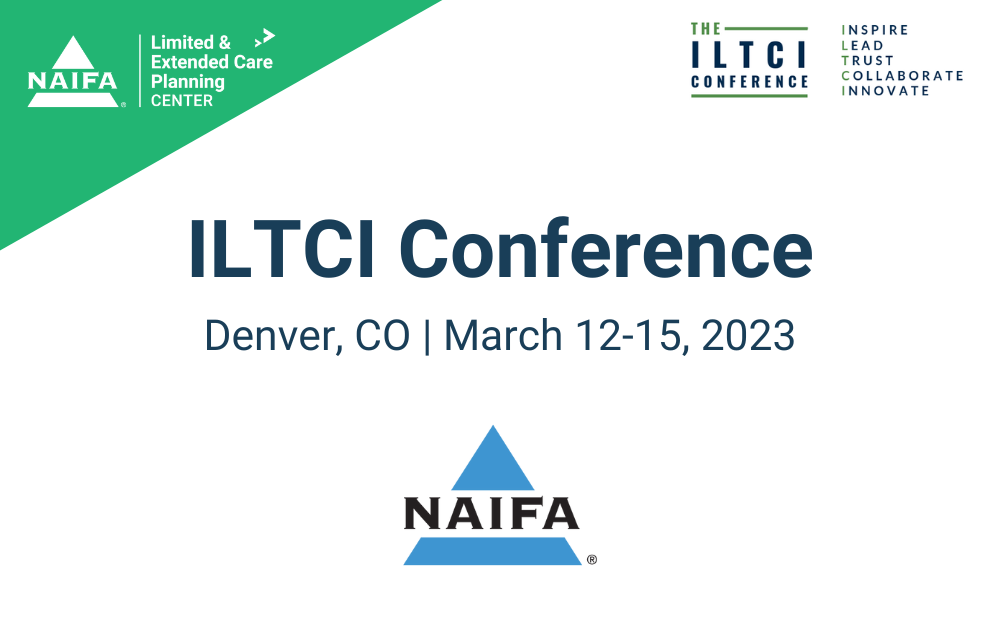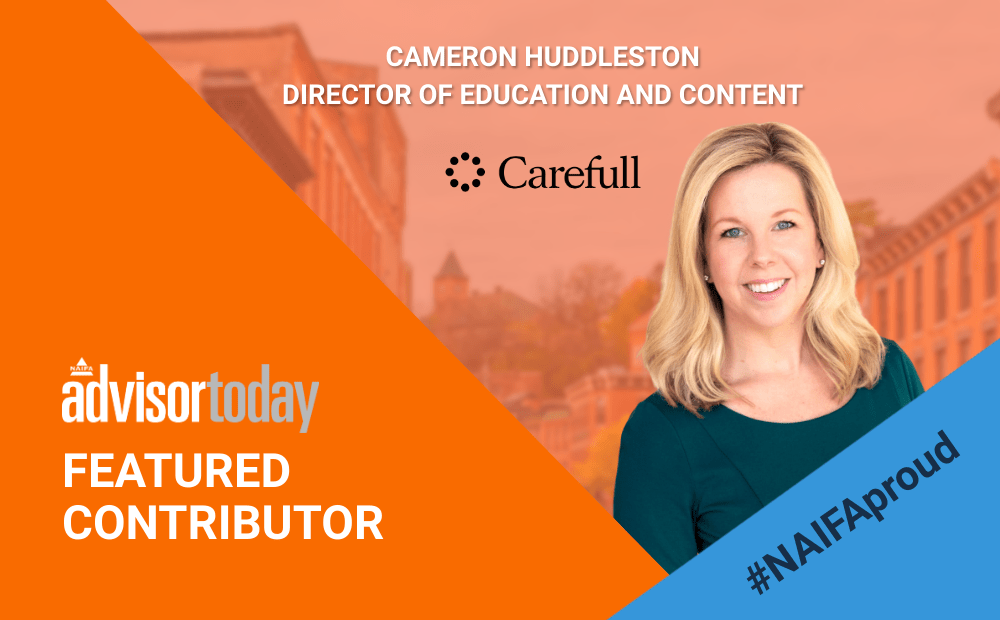Over the holidays, I had time to read a very interesting book that seems to directly relate the COVID-19 Pandemic chain of events. The Black Swan: The Impact of the Highly Improbable Event by Nassim Nicholas Taleb. Although the book discusses the black swan phenomenon in relation to investing, it seems to hit home when looking at the impact and rational that is surfacing around the COVID-19 Pandemic. The book focuses on three principal characteristics. The event is rare and unpredictable. It is an outlier so rare that even the possibility of such an event is not identified. The event produces a catastrophic impact. And finally, we create an explanation that makes it appear less random and more probable and eventually predictable. Interestingly, there are some positive Black Swans such as the impressive success of Google and Facebook. On the other hand, there is the tragic events of 9/11 which fits as a Black Swan. The COVID-19 pandemic that is taking its toll on individual families, entire generations, and the global economy also qualifies as a “Black Swan event."
The next “Black Swan” event could well be the generational impact of paring the needs and complications that inevitably comes with longevity and the sizable “Baby Boomer” generation. What COVID-19 offers us is a window into the future. Do we need to wait until “after” the “Boomers” and their parents overwhelm the system to recognize that caring for an aging population with an extreme shortage of funding, well-run facilities, adequate professional staff, and trained support caregivers for people to age-in-place may well create the next “Black Swan” event?
As a specialist in extended and long term care, I am amazed that many “baby boomers” who are now caught in the “sandwich” generation, taking care of their parents while raising their children and, in many cases, trying to stay employed, do not see the urgency in extended and long term care generational planning. Any health incident leads to stress and worry. The impact does not confine itself; it spreads throughout the generations of a family and by extension throughout society. As Mother Teresa reminds us: “If we have no peace, it is because we have forgotten that we belong to each other." At a minimum, why not at least investigate the many options that are available to fashion an extended or long term plan? Given an alternative, no generation wants to burden the next. The “sandwich” generation feels that it is too late to plan for their parents…but is it? No, not really. Certainly, they may think they don’t have the resources or feel any urgency to plan for their own longer life needs…is that true? No, not really. Is this an easy conversation to have? No, not at all. Is it a generational problem? Yes, but by becoming an educated family member, discussing a deliberate response instead of a frantic, unsatisfactory-to-all response, we may avoid the Black Swan syndrome.
"Remembering that we belong to one another is the starting point. Whether it is personal or professional, you need to belong to a network that helps you plan. I am grateful to the National Association of Insurance and Financial Professionals, NAIFA, and to the Intercompany Long Term Care Conference, ILTCI, for affording me the opportunity to “belong”! These organizations have made me curious, educated, and solution-bound. Professional sharing abounds and innovative options are the outcome.
So, how is that helpful to you? A more positive side effect of the Pandemic is that we have become more connected- at least virtually. There is no reason you cannot spend 20-30 minutes accessing one of the NAIFA IMPACT WEEK: LTC recordings to see what you don’t know. No one is pushing you into a service, product, or professional career. It is about discovering options-the conversation starters for generational discussions.







.png?width=300&name=_LUTCF%20%20-%20AT%20web%20(300%20x%20300%20px).png)
